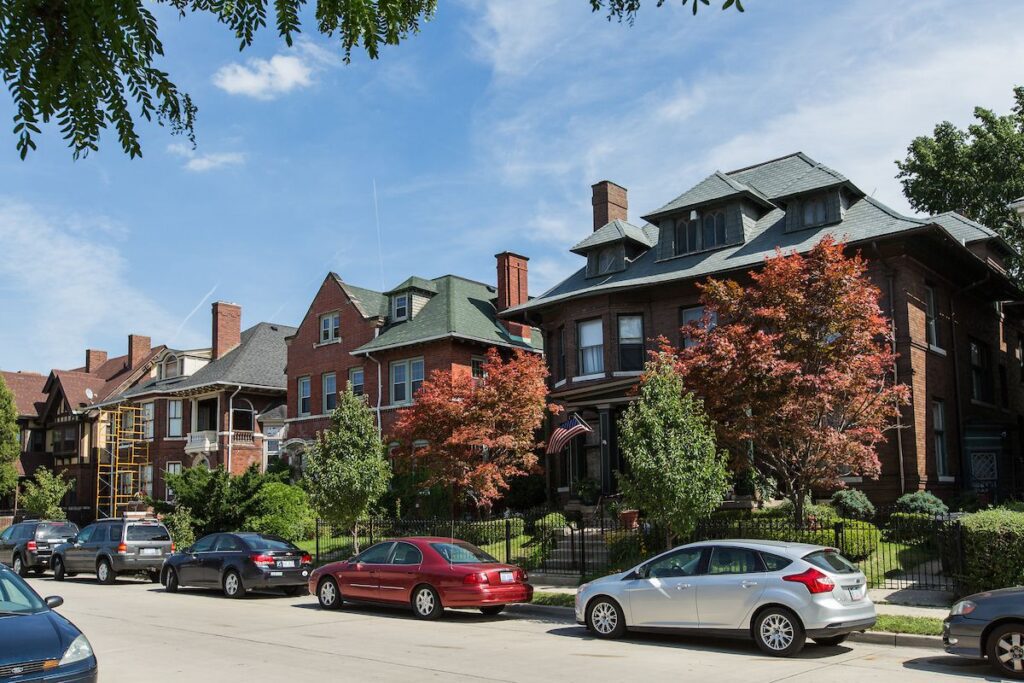The Hidden Health Risks Lurking in Your Home’s Air (Especially in Metro Detroit)
Your home should feel safe. But from shifting weather to older walls, many Metro Detroit homes have unseen air quality risks. Knowing what’s in your air can make a big difference for everyone’s health. If you suspect an issue in your home, call Zeppelin at (313) 731-0025 to schedule a professional air quality test.
Local Conditions That Make a Difference
- Older housing stock: The average home in Detroit was built around 1972. Some neighborhoods have much older homes, often with less modern ventilation or insulation.
- Air quality trends: Over the past 20 years, levels of many air pollutants (like sulfur dioxide, lead, nitrogen dioxide, and fine particulate matter) have fallen substantially in the Detroit area. Still, some years and some neighborhoods face spikes—wildfire smoke, vehicle emissions, and industrial sources can cause air quality to dip.
- Health burden: Detroit ranks high in asthma rates; it is among the worst U.S. metro areas for people with asthma. Kids, older adults, and people with respiratory issues are most affected. These local vulnerabilities mean even small air quality issues can hit harder in Metro Detroit.
Why That Matters for Your Home
Because many Detroit homes are decades old, they often:
- Have older HVAC systems or damp areas that weren’t built with modern moisture control in mind
- Include building materials or insulation that retain moisture, especially after storms or when temperatures shift quickly
- Possibly have less effective sealing or weatherproofing, letting outdoor pollutants in more easily


When outdoor air quality is moderate or worse (something Detroit sees during dry, hot periods or when wildfire smoke drifts in) it can affect your air quality even more. Conducting a professional air quality test is especially important if you or family members have asthma, allergies, or other breathing issues.
How to Translate Local Data into Smart Action
- Watch for signs, especially after extreme weather
Heavy rains, flooding, or even long stretches of humidity can lead to hidden moisture. Since many Detroit homes are older, water intrusion or trapped dampness is more likely. - Keep tabs on outdoor air quality (AQI)
On days when the air is smoky or polluted, indoor air can worsen quickly unless your home is well-sealed or filtered. Use tools like AQI apps or city monitoring to know when to shut windows, use filtration, etc. - Regular checks and diagnostics
Consider seasonal inspections of HVAC ducts, checking for visible mold, leaks, or damp spots. A thermal imaging or moisture meter check now and then can catch hidden issues before they get expensive or harmful. - Ventilation and filtration upgrades
Even modest improvements—better filters, ensuring fans exhaust outdoors, fixing leaky seals—can help, especially in older homes.
When Testing Makes Sense
You might not need full air quality testing until you suspect something’s off, but here are triggers to consider:
- Persistent allergy, asthma, or respiratory symptoms that worsen indoors
- Musty smells, visible mold or staining, or after water damage or leaks
- Condensation inside windows or on HVAC vents
- When you’re renovating or sealing up parts of the house
If you are experiencing any of these in your Detroit-area home, don’t wait. Contact us today to schedule professional testing.
